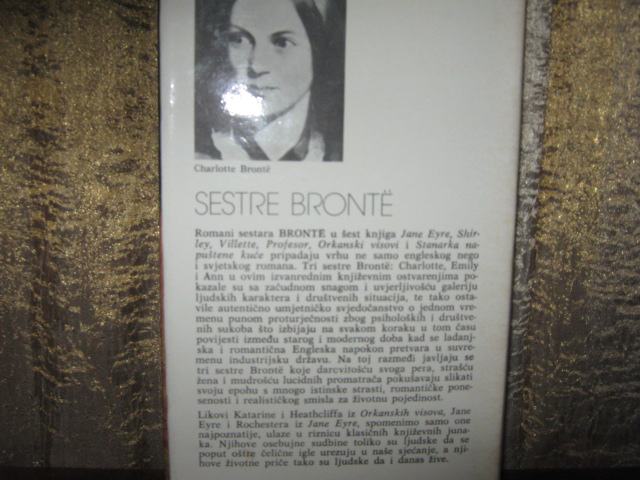

Villette is simultaneously deeply personal, deeply culturally conservative, and fatalistically feminist. It is masterful in its execution, yet it is not what readers usually expect from a Victorian Gothic novel. Brontë was exploring the literary ideas of point of view and first-person narration, but her work is not experimental. The extreme caginess of the narrator, and her unreliability, make the novel different in many ways not only from Charlotte Brontë's Jane Eyre but also many other novels from that time period.

There is nothing immediately accessible about the heroine, Lucy Snowe, and the darkness of despair always seems to be lurking under the surface of the narrative, even during happy episodes. Villette is in many ways a difficult novel. Villette often languishes unread on library shelves, attended to only by graduate students or literary scholars. The book is not as often read as Jane Eyre, and many readers, even those who admire Brontë, have no idea she wrote more than one novel. Gaskell, Charlotte Brontë's friend and her first biographer, said that the story of Villette was not as interesting as that of Jane Eyre.

Kate Millet, author of Sexual Politics, wrote of Villette that it was "too subversive to be popular." Mrs.


 0 kommentar(er)
0 kommentar(er)
